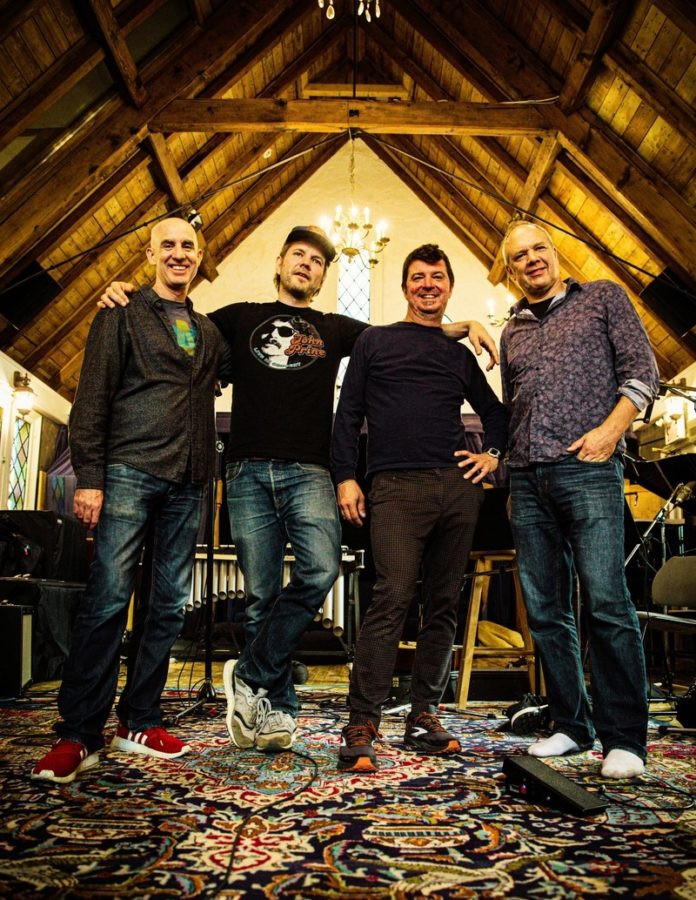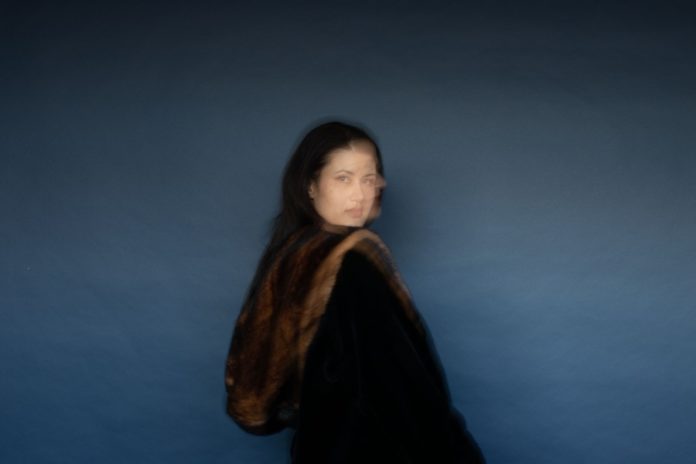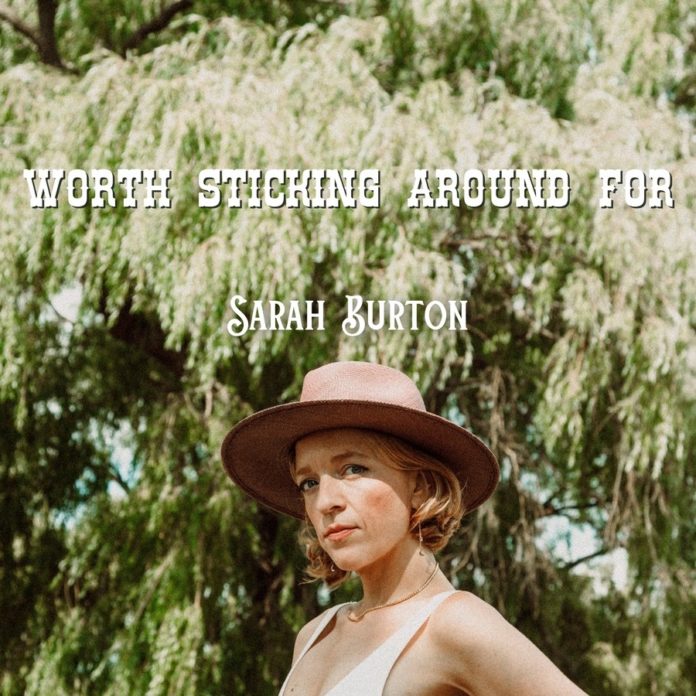There are tranquil pieces of music that bring back memories of a gentler time with simple, solid musicianship and pristine laid-back vocals. Quebec-based folk duo Sussex have gone to that time-honoured well wonderfully with the precious, peaceful “Shine Down Every Day” from their latest album Shine. It’s a song vocalist and guitarist Rob Lutes says resembles a “modern day Tin Pan Alley song” inspired by a tune dating back to 1908.
Lutes, who gives workshops on American popular music at festivals in addition to groups and students, says the 1908 song “Shine On Harvest Moon” was the catalyst for “Shine Down Every Day.” The vaudeville tandem of Nora Bayes and Jack Norworth, the latter who also penned “Take Me Out To The Ballgame,” had their song often covered throughout the decades. Leon Redbone covered “Shine On Harvest Moon” on his 1977 Double Time album. Both Redbone and Lutes (although at different times) learned fingerstyle guitar from Mose Scarlett in Toronto.
While playing the 1908 tune almost obsessively at his home in Pointe-Claire, Quebec, Lutes reflected on his younger children “out playing there under the big willow tree when they were small.” That nostalgic feeling of what once was combined with the vaudeville song melded into “this new (but sounding kind of old) melody,” resulting in “Shine Down Every Day” written in roughly 20 minutes. “I love exploring the arc of American (and Canadian) music history, and sometimes it bleeds into my own songs,” Lutes says.
Although structurally and melodically different than the 1908 song, “Shine Down Every Day” contains “the spirit of the tune and a hint of that glorious time in American music, the early 20th century, with some naivete and simple wisdom,” according to Lutes. The single brings to mind Neck and Neck, the charming 1990 album by Chet Atkins and Mark Knopfler as well as Knopfler’s short but terribly sweet side project The Notting Hillbillies. Lutes’ words paint a memory of yesteryear as pianist/vibraphonist (and Sussex member) Michael Emenau adds delicious accents. Guests on the single include pedal steel guitarist Joe Grass and upright bass player Morgan Moore, who both give it a serene, cozy, campfire-esque vibe.
I was looking through the window at a bird perched high on a warm summer day
Sitting in the maple by the garden’s edge where the kids used to play
How they used to run around singing songs, how they moved unaware
Those days are gone but that melody still lingers in the air
The single is from Sussex’s latest album Shine, the 10-track record the tandem of Lutes and Emenau (who both grew up in Rothesay, New Brunswick) wrote most of the material for. Shine is the followup to 2019’s The Ocean Wide and 2015’s Parade Day. “Shine Down Every Day” was also the basis of a music video created by videographer Derek Olive. The video features Olive’s two daughters as it looks back at life’s simple pleasures and how quickly those moments elapse, permanently etched on one’s memory.
Now with “Shine Down Every Day,” Sussex should see fans lured by a sound that is new and old at the same time, evoking images Lutes says of “when the great writers were writing with prominent melodies to capture ears….I hope this song does that too.”
Mission accomplished.

























